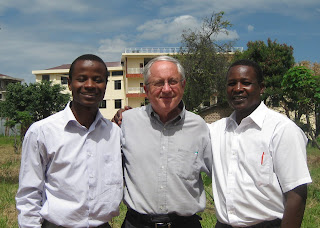Our party on August 15 was also the spark for some lovely time with family. Pauline and Greg came the night before the celebration, and stayed to spend a week with us in Toronto.

After he got used to the feel of the grass James just loved to move about, fast, on all fours- almost always a happy smile on his face

But he got tired too. Greg comforts James as we get ready to set off for the Willowdale CRC

Long after she would normally have been in bed and fast asleep Gracie was still alert and ready to be the life of the party






By Monday Gracie also came down with a flu, and that one was more persistent; it took about three days before she felt better. It was actually pretty warm those days while Gracie was sick in bed, but for Chris and James, a perfect time to have water fun in our backyard.

By Thursday everyone was well enough to enjoy an outing to Black Creek Pioneer Village, where there was much to enjoy, games and crafts to try out, old machinery to watch, animals, and more. Gracie loved running around; she was clearly over the flu by that time.

James spent much of the day in the baby carriage,





Two sisters on Saturday morning (in front of our home), and time to say farewell. We admired Pauline's efficiency in getting all the goods and children packed into the van!


















































